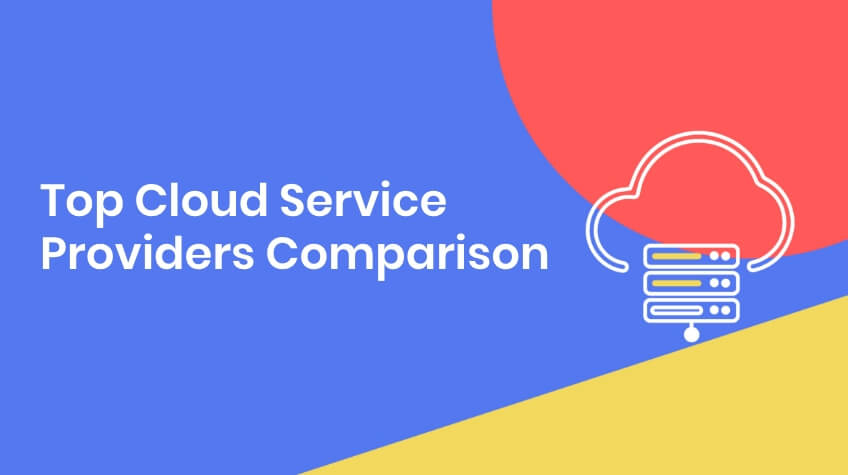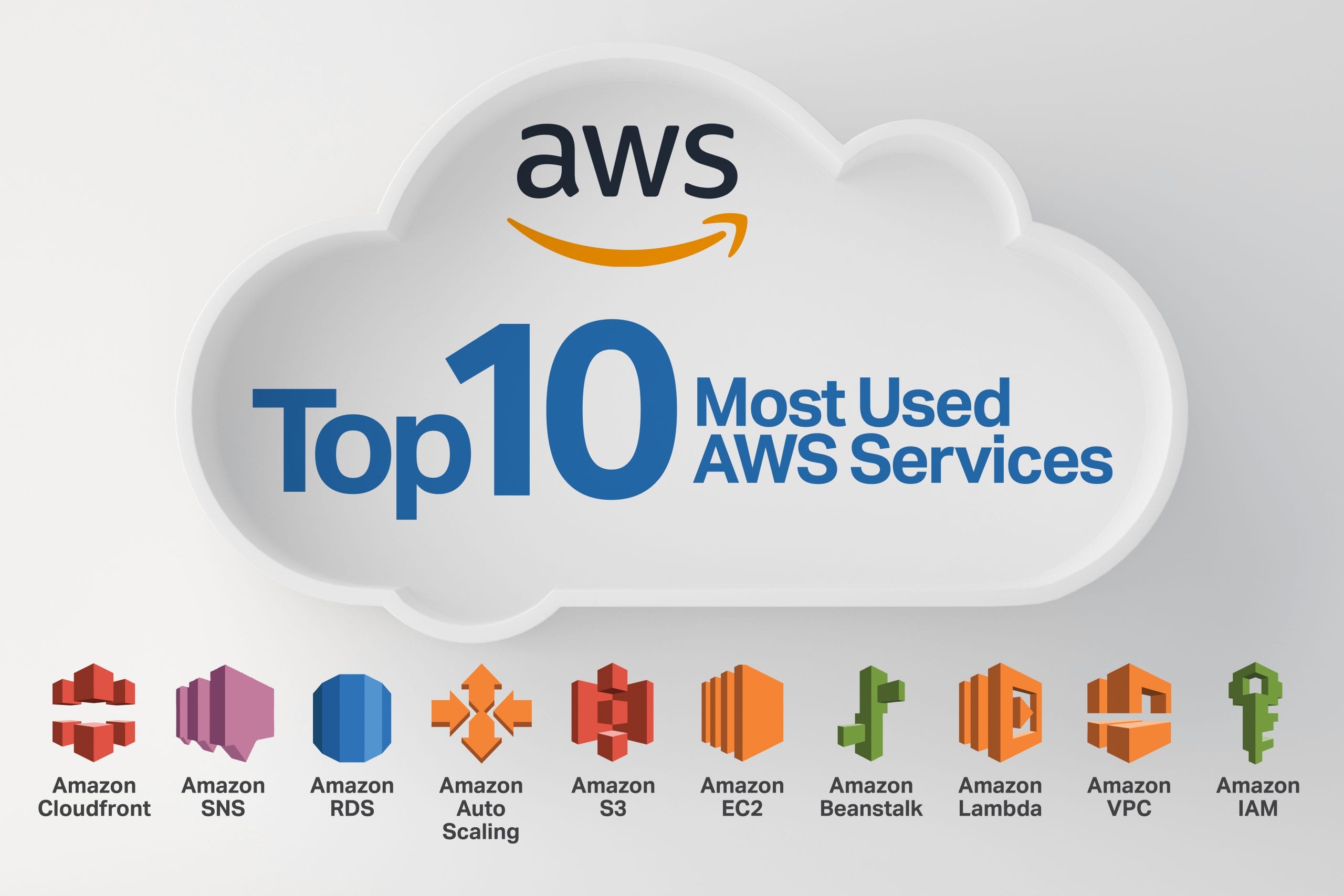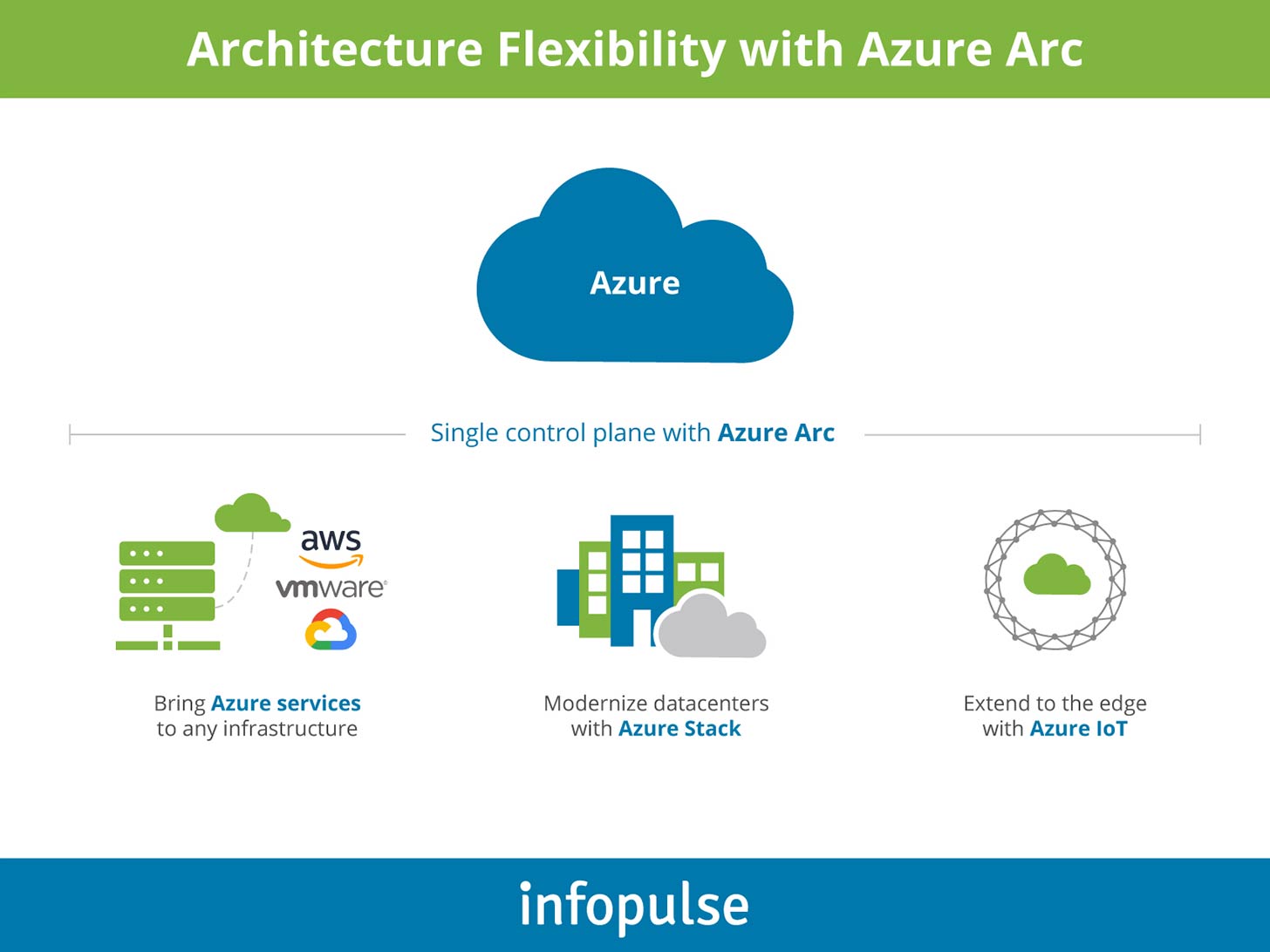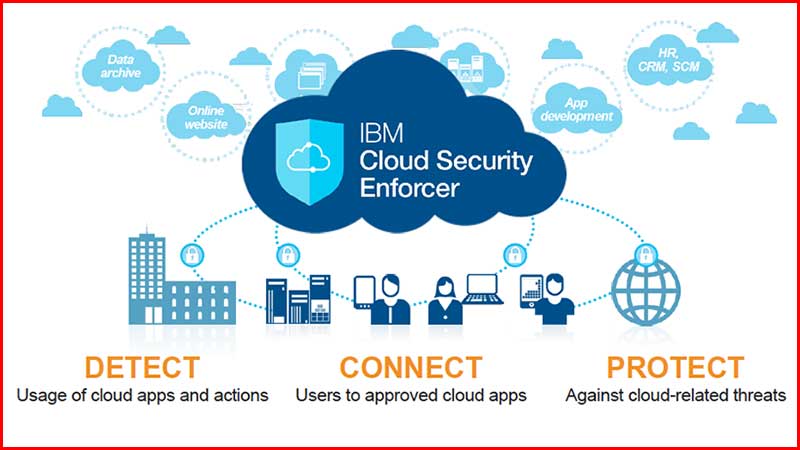What Cloud Service: Understanding the Basics
Cloud services have become an integral part of today’s digital landscape, enabling businesses and individuals to access and utilize computing resources over the internet. These services offer numerous advantages, such as cost savings, increased flexibility, and enhanced collaboration. There are various types of cloud services, including Infrastructure as a Service (IaaS), Platform as a Service (PaaS), and Software as a Service (SaaS).
IaaS provides scalable computing infrastructure, such as virtual machines and storage, over the internet. PaaS offers a platform for developers to build and deploy applications without managing the underlying infrastructure. SaaS, on the other hand, refers to software applications that are delivered and managed through the cloud, allowing users to access them via a web browser or a thin client.
Understanding the different types of cloud services is crucial when selecting the right solution for your business needs. Each service category offers distinct benefits and trade-offs, and choosing the appropriate one can significantly impact your organization’s efficiency, security, and overall success.
How to Choose the Right Cloud Service: Key Factors to Consider
Selecting the ideal cloud service for your business involves careful consideration of several key factors. Cost is often a primary concern, as businesses need to balance the benefits of cloud services with their financial resources. While cloud services can offer significant cost savings compared to traditional on-premises infrastructure, it’s essential to consider the long-term expenses associated with storage, computing resources, and data transfer.
Scalability is another critical factor when choosing a cloud service. As businesses grow, their computing needs may change, and selecting a cloud service that can easily scale to accommodate these fluctuations is crucial. Both vertical and horizontal scalability should be evaluated, as well as the ease of scaling resources up or down as needed.
Security is a paramount concern for any organization utilizing cloud services. Ensuring that your chosen cloud service provider follows industry best practices for data protection, encryption, and access control is vital. Additionally, understanding the shared responsibility model of cloud security and the role your organization plays in securing your data is essential.
Integration capabilities are also vital when selecting a cloud service. Businesses must ensure that their chosen cloud service can seamlessly integrate with existing systems, applications, and workflows. Evaluating the available APIs, connectors, and integration tools is crucial to ensuring a smooth transition and ongoing operation.
Ultimately, the key to choosing the right cloud service lies in aligning the chosen solution with your specific business needs and objectives. By carefully considering the factors outlined above and thoroughly evaluating your organization’s unique requirements, you can make an informed decision that will drive business success and maximize the value of your cloud investment.
Top Cloud Service Providers: An Overview
When exploring the world of cloud services, it’s essential to consider the leading providers, each with its unique selling points and ideal use cases. Here’s a brief overview of the top cloud service providers:
Amazon Web Services (AWS)
As the first major player in the cloud services market, AWS offers an extensive range of services, including computing, storage, databases, and analytics. AWS is an excellent choice for businesses seeking a comprehensive cloud solution, with various applications, such as website hosting, data backup, and AI.
Microsoft Azure
Microsoft Azure is a popular choice for businesses looking for a hybrid cloud solution, enabling seamless integration between on-premises infrastructure and cloud resources. Key features of Azure include Azure Stack, Azure Functions, and Azure DevOps, making it an attractive option for organizations already using Microsoft products and services.
Google Cloud Platform (GCP)
GCP is renowned for its cutting-edge AI and machine learning tools, such as TensorFlow and AutoML. Businesses can benefit from GCP’s data analytics and machine learning services to drive innovation and improve decision-making. GCP is an ideal choice for organizations looking to leverage advanced analytics and AI capabilities in their cloud solutions.
IBM Cloud
IBM Cloud offers robust security features, including encryption and key management, catering to the needs of large enterprises. With a comprehensive suite of services, such as blockchain, AI, and IoT, IBM Cloud is an excellent option for businesses seeking a secure and feature-rich cloud solution.
Understanding the unique selling points and ideal use cases of each top cloud service provider is crucial when selecting the best cloud service for your business. By carefully evaluating your organization’s needs, budget, and long-term goals, you can make an informed decision that will drive business success and maximize the value of your cloud investment.
Amazon Web Services (AWS): Comprehensive Cloud Solutions
Amazon Web Services (AWS) is a leading cloud service provider, offering an extensive range of services designed to meet the diverse needs of businesses. AWS provides computing, storage, databases, and analytics solutions, making it an ideal choice for organizations seeking a comprehensive cloud solution.
Businesses can leverage AWS for various applications, such as website hosting, data backup, and artificial intelligence (AI). AWS offers a wide array of tools and services, including Amazon Elastic Compute Cloud (EC2), Amazon Simple Storage Service (S3), Amazon Relational Database Service (RDS), and Amazon Redshift. These services enable businesses to scale their operations, enhance security, and improve overall efficiency.
One of the key advantages of AWS is its flexibility. Businesses can choose from various pricing models, including pay-as-you-go, reserved instances, and spot instances, ensuring that they only pay for the resources they need. This flexibility allows organizations to optimize their cloud spending and achieve a more cost-effective solution.
Additionally, AWS provides robust security features, ensuring that businesses can protect their data and applications in the cloud. AWS follows industry best practices for data protection, encryption, and access control, giving organizations peace of mind when migrating to the cloud.
In conclusion, Amazon Web Services (AWS) offers a comprehensive cloud solution, with a wide range of services and tools designed to meet the diverse needs of businesses. By leveraging AWS, organizations can scale their operations, improve efficiency, and reduce costs, all while maintaining robust security and data protection.
Microsoft Azure: A Hybrid Cloud Solution
Microsoft Azure is a leading cloud service provider known for its hybrid cloud capabilities, enabling businesses to seamlessly integrate on-premises infrastructure with cloud resources. This integration offers numerous benefits, including increased flexibility, scalability, and cost savings.
Azure’s key features include Azure Stack, Azure Functions, and Azure DevOps. Azure Stack allows businesses to run Azure-consistent applications on-premises, providing a consistent hybrid cloud platform. Azure Functions is a serverless compute service that enables businesses to run code without managing infrastructure, while Azure DevOps offers tools for developing, deploying, and managing applications.
Microsoft Azure caters to various industries and business needs, making it an ideal choice for organizations seeking a flexible and scalable cloud solution. For instance, Azure’s data and AI services can help businesses analyze and derive insights from their data, while its IoT services enable organizations to connect, manage, and secure IoT devices at scale.
One of the primary advantages of Azure is its compatibility with existing Microsoft products and services. Businesses already using Microsoft tools, such as Office 365 or Dynamics 365, can easily integrate these services with Azure, providing a seamless user experience and reducing the learning curve.
In conclusion, Microsoft Azure offers a robust hybrid cloud solution, enabling businesses to integrate on-premises infrastructure with cloud resources. With its key features, such as Azure Stack, Azure Functions, and Azure DevOps, Azure caters to various industries and business needs, providing a flexible and scalable cloud solution that can help organizations drive innovation and improve decision-making.
Google Cloud Platform (GCP): Innovative AI and Machine Learning Capabilities
Google Cloud Platform (GCP) is a leading cloud service provider that offers innovative AI and machine learning tools, enabling businesses to harness the power of data analytics and drive innovation. GCP’s cutting-edge AI and machine learning tools, such as TensorFlow and AutoML, provide businesses with a competitive edge in today’s data-driven economy.
TensorFlow is an open-source machine learning framework developed by Google Brain. It enables businesses to build and train machine learning models for various applications, such as image recognition, natural language processing, and predictive analytics. AutoML, on the other hand, is a suite of machine learning tools that automates the process of building and deploying machine learning models, making it easier for businesses to leverage AI without requiring extensive machine learning expertise.
GCP’s data analytics and machine learning services offer numerous benefits, including improved decision-making, enhanced productivity, and increased efficiency. By leveraging GCP’s AI and machine learning tools, businesses can analyze large volumes of data, derive insights, and make data-driven decisions that drive business success.
In addition to its AI and machine learning capabilities, GCP offers a wide range of services, including computing, storage, and networking. These services enable businesses to build, deploy, and manage applications and workloads in the cloud, providing a scalable and flexible infrastructure that can grow with the needs of the business.
In conclusion, Google Cloud Platform (GCP) offers innovative AI and machine learning capabilities, enabling businesses to harness the power of data analytics and drive innovation. By leveraging GCP’s cutting-edge AI and machine learning tools, such as TensorFlow and AutoML, businesses can analyze large volumes of data, derive insights, and make data-driven decisions that drive business success.
IBM Cloud: Robust Security and Enterprise-Grade Features
IBM Cloud is a leading cloud service provider that offers robust security features, making it an ideal choice for large enterprises seeking a secure and reliable cloud solution. IBM Cloud’s unique selling points include encryption and key management, providing businesses with peace of mind when it comes to data security and compliance.
IBM Cloud offers a comprehensive suite of services, including blockchain, AI, and IoT, catering to the needs of large enterprises. Its blockchain services enable businesses to build and deploy secure and transparent blockchain networks, while its AI and IoT services provide businesses with the tools they need to analyze and derive insights from large volumes of data.
IBM Cloud’s encryption and key management features provide businesses with robust security and control over their data. With IBM Cloud, businesses can encrypt data at rest and in transit, ensuring that sensitive information is protected from unauthorized access. Additionally, IBM Cloud’s key management services enable businesses to manage their encryption keys, providing them with complete control over their data security.
In addition to its security features, IBM Cloud offers a wide range of services, including computing, storage, and networking. These services enable businesses to build, deploy, and manage applications and workloads in the cloud, providing a scalable and flexible infrastructure that can grow with the needs of the business.
In conclusion, IBM Cloud offers robust security features, including encryption and key management, making it an ideal choice for large enterprises seeking a secure and reliable cloud solution. With its comprehensive suite of services, including blockchain, AI, and IoT, IBM Cloud provides businesses with the tools they need to analyze and derive insights from large volumes of data, all while ensuring the security and protection of their sensitive information.
Making an Informed Decision: Selecting the Best Cloud Service for Your Business
Choosing the right cloud service is a critical decision for any business. With so many options available, it can be challenging to determine which cloud service provider is the best fit for your specific needs and objectives. By considering essential factors such as cost, scalability, security, and integration capabilities, businesses can make an informed decision that aligns with their unique requirements.
When evaluating cloud service providers, it’s essential to consider the long-term goals and objectives of your business. For instance, if your business is focused on data analytics and machine learning, Google Cloud Platform (GCP) may be the best option due to its cutting-edge AI and machine learning tools. On the other hand, if your business requires robust security features and a comprehensive suite of services, IBM Cloud may be the ideal choice.
Another critical factor to consider is cost. While cloud services offer numerous benefits, they can also be expensive. Businesses should carefully evaluate the pricing models of each cloud service provider and consider their budget and scalability needs. For instance, if your business requires a scalable and flexible infrastructure, Amazon Web Services (AWS) may be the best option due to its extensive range of services and pay-as-you-go pricing model.
In addition to cost and scalability, security is a critical factor to consider when choosing a cloud service. Businesses should ensure that the cloud service provider they choose offers robust security features, such as encryption and key management, to protect their sensitive data. For instance, IBM Cloud offers encryption and key management features, making it an ideal choice for businesses seeking a secure and reliable cloud solution.
Finally, integration capabilities are essential when choosing a cloud service. Businesses should ensure that the cloud service provider they choose offers seamless integration with their existing infrastructure and applications. For instance, Microsoft Azure offers hybrid cloud capabilities, enabling businesses to seamlessly integrate their on-premises infrastructure with cloud resources.
In conclusion, choosing the right cloud service is a critical decision for any business. By considering essential factors such as cost, scalability, security, and integration capabilities, businesses can make an informed decision that aligns with their unique needs and objectives. We encourage businesses to thoroughly evaluate their needs, budget, and long-term goals before making a decision. For further research and guidance, additional resources are available online to help businesses make the best decision for their specific requirements.
https://www.youtube.com/watch?v=1omojdUDg68







